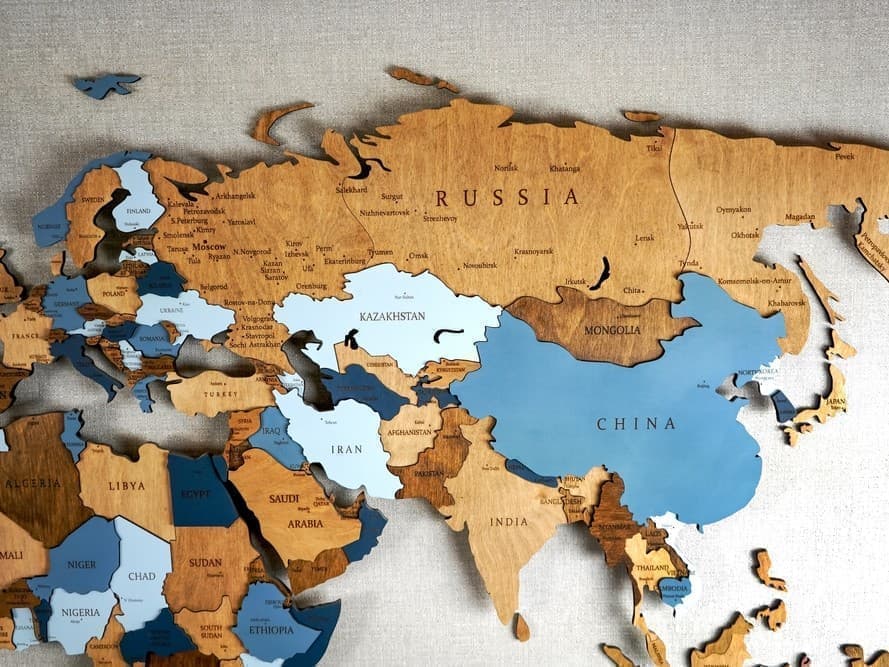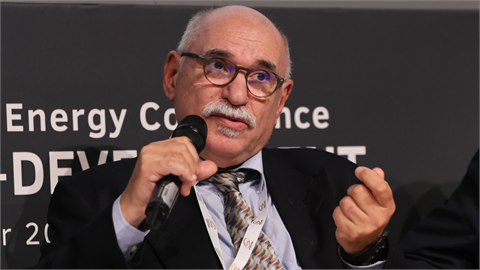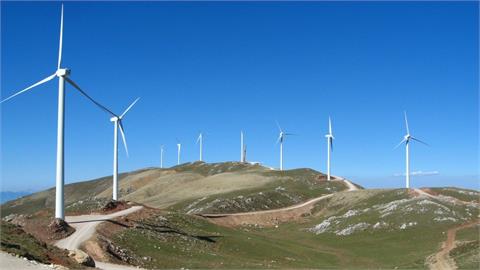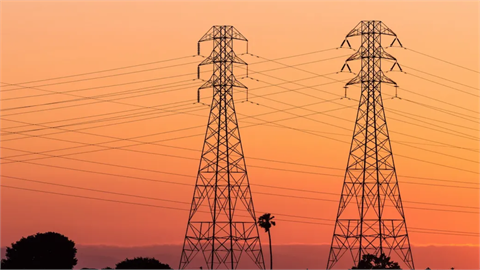Global energy geopolitics were transformed in 2022 following Russia’s invasion of Ukraine, which continue to cause major reverberations this year and beyond notes IENE in its latest Monthly Analysis. In Ukraine itself, an extended conflict looks most likely, but escalation is always looming within the country and in the broader region.
Global energy geopolitics were transformed in 2022 following Russia’s invasion of Ukraine, which continue to cause major reverberations this year and beyond notes IENE in its latest Monthly Analysis (here). In Ukraine itself, an extended conflict looks most likely, but escalation is always looming within the country and in the broader region. Seen at global level, the crisis has forced a geopolitical inflection point that has heightened concerns around Taiwan, raised the potential for escalation in the Middle East and in the Gulf area and accelerated global realignments. Oil and gas will remain deeply politicized, too, as energy and security dynamics in European, Asia-Pacific, Mideast and Asian theaters are reshaped.
As the energy industry navigates through a complex and tumultuous environment in 2023, it will have to keep its eye on multiple geopolitical arenas that will shape both hard realities such as oil and gas trade flows, and the broader environment in which it must operate. First will be the course of the war in Ukraine. However, the impact of that conflict has extended far beyond its borders, influencing developments in Europe, China, Taiwan, Venezuela and more. Other conflict areas now look more intractable - not least Iran, given its military aid for Russia’s war in Ukraine - or unpredictable, with Russia’s grip in the Caucasus weakening.
In this Monthly Analysis, IENE highlights that we are living through a large-scale reconfiguration of global geopolitics, but there is less consensus as to what is in store for world trade once the dust has settled. Some experts are saying that the global south is increasingly gaining influence in geopolitics on the world stage as climate change is rewriting the rules of trade and consumption, while others argue that reactionary protectionist practices in the developed world will only further marginalize and alienate less developed nations.
For decades, geopolitical risks to energy have largely centered on the availability of sufficient oil and gas at affordable prices, whether it is the Arab oil embargo of 1973 or the controversial Nordstream 2 pipeline. These “traditional” threats to energy security will be greatly diminished in a world of clean energy. Yet new risks will emerge - both from new clean energy sources and from the multi-decade process of transition during which the old geopolitics of oil and gas will coexist alongside the new geopolitics of clean energy.
The risks of a disorderly energy transition were apparent even before Russia invaded Ukraine. Indeed, Europe faced an energy crisis last winter that led to soaring electricity prices and utility bankruptcies as it struggled to cope not only with initial cuts to the Russian gas supply but with a steep rise in post pandemic demand and also with more intermittent electricity sources and fewer buffers to handle unexpected shocks.




